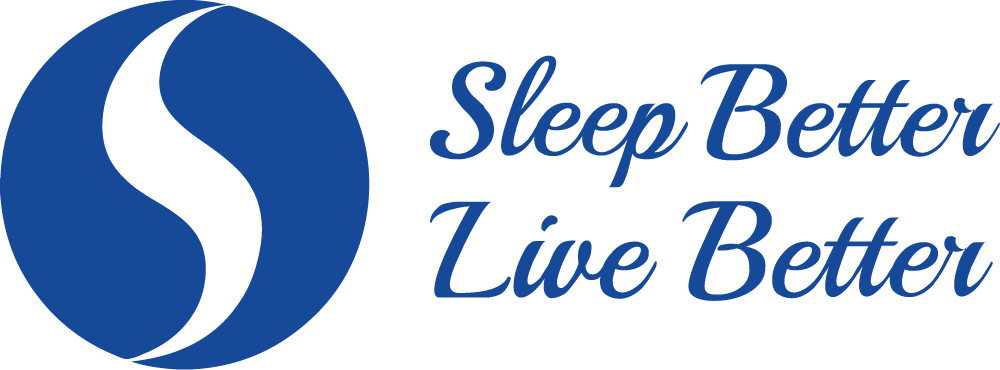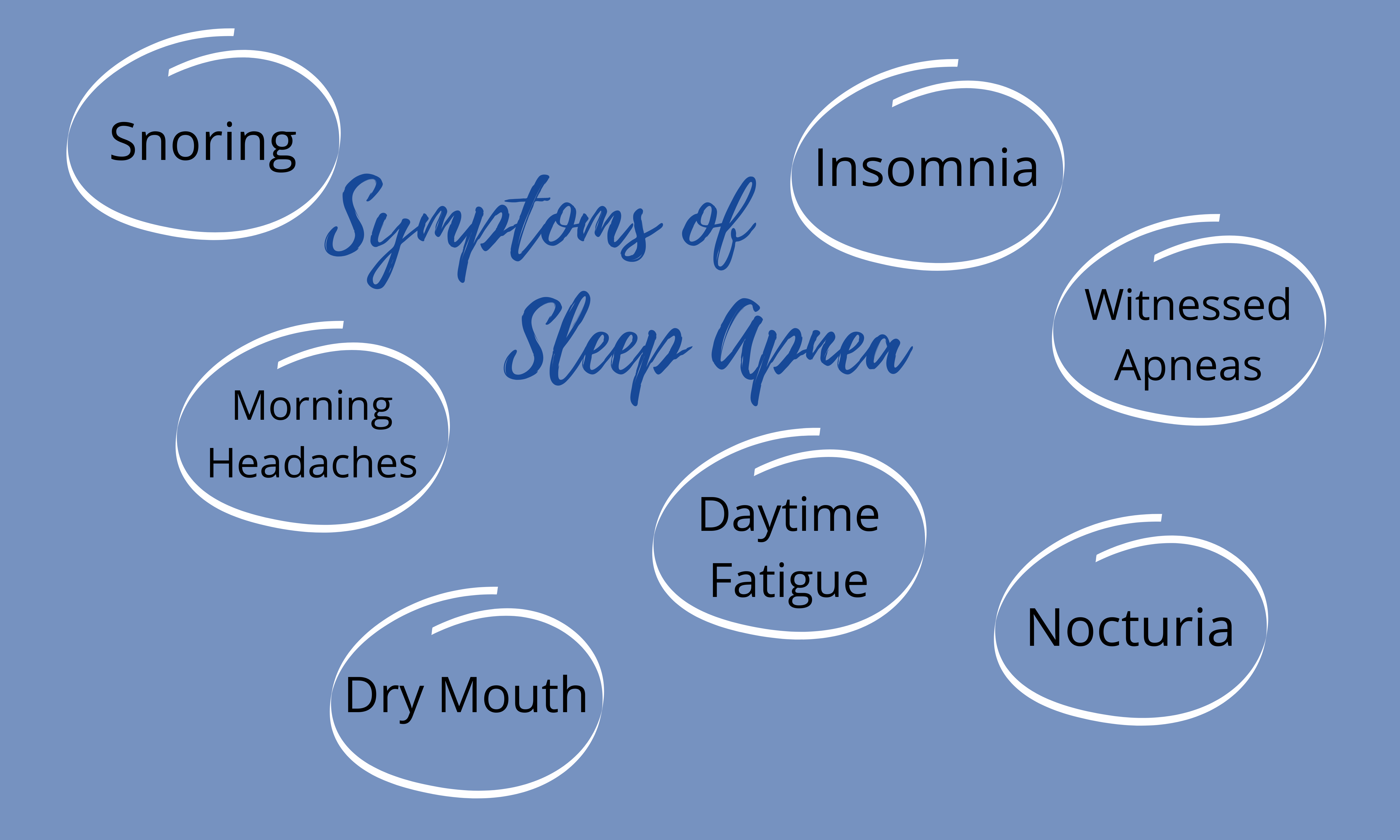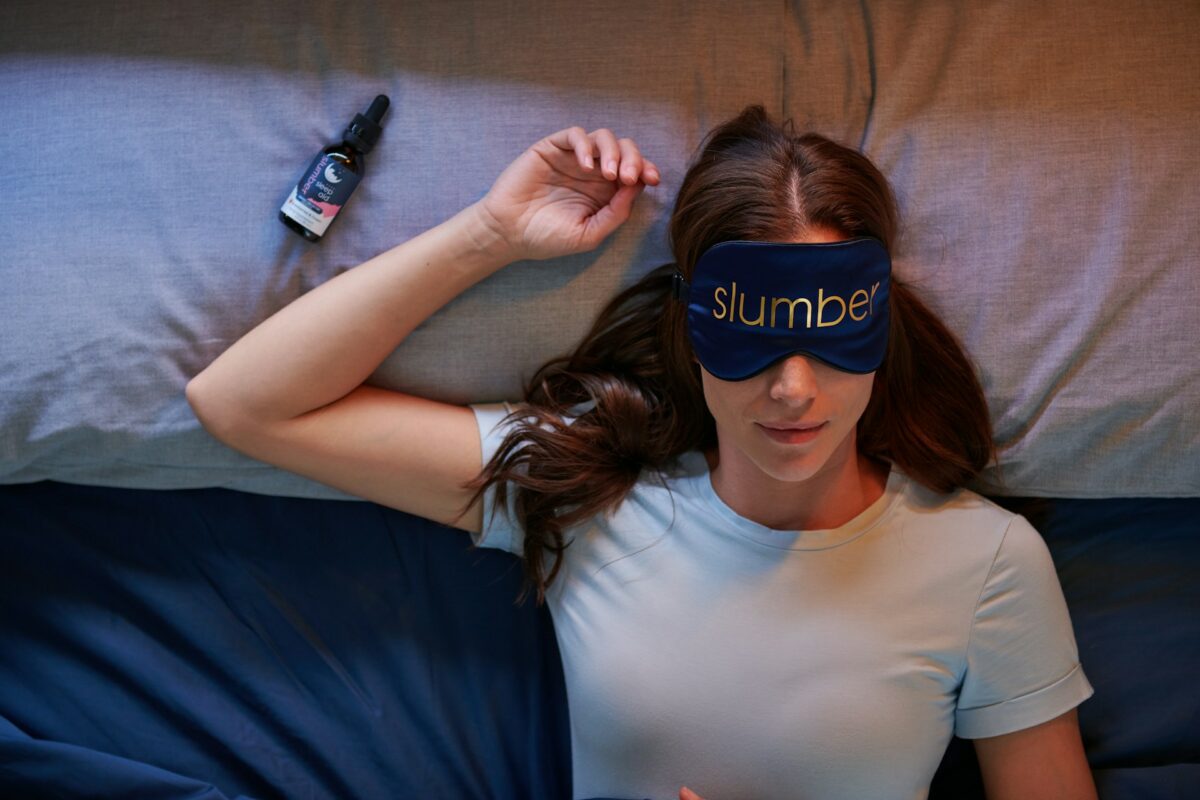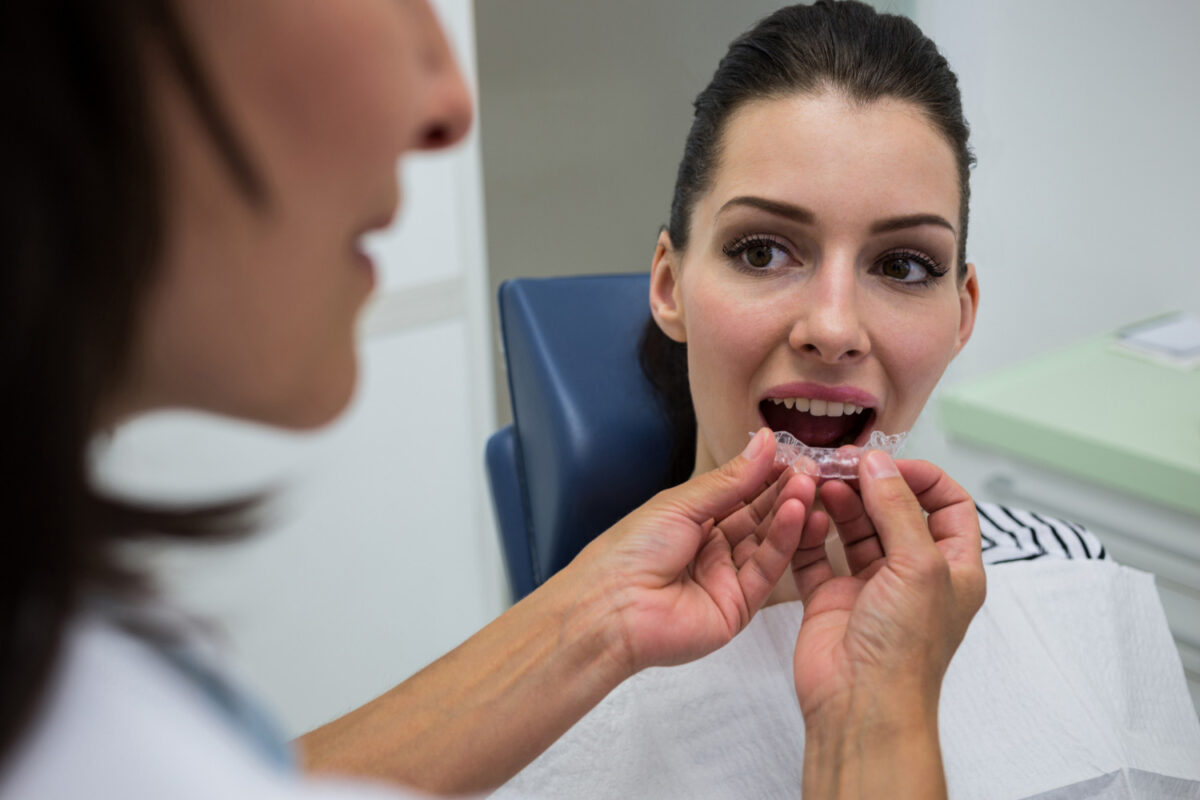You have heard about sleep apnea?
Has someone told you it has something to do with snoring?
Are you concerned about yourself or your bed partner and want to know if one or both of you have sleep apnea but are not sure what to look for?
You do not have to snore to have sleep apnea, and you do not always have sleep apnea just because you snore.
The only way to irrefutably diagnose sleep apnea is with a sleep study, either a Home Level III Sleep Study or an in-lab Level I Polysomnogram. However, there are many signs and symptoms you can use to see if it may be likely.
The most common symptom we see is snoring because chances are there is someone else in the room that can hear you. Some people can even be heard by their other family members sleeping in separate rooms down the hall with the doors closed! While snoring can occur without sleep apnea, we like to call snoring the “canary in the mine” that lets you know something is going wrong with your airway at night. Snoring happens when the tissues vibrate in your airway because they are too close together, and this causes air turbulence.
Many people with significant snoring will also have a bed partner who has witnessed their apneas (because they are glaring at you after your snoring has woken them up). A witnessed apnea looks like they are struggling to breathe, often their chest will be moving but no airflow is occurring, and it is usually followed by a big gasp as the airway opens and they finally get that much-needed oxygen. Extreme obstructive apneas are rather alarming to watch.
Daytime fatigue, waking throughout the night, and waking unrefreshed are also often related to sleep apnea. Because sleep apnea interrupts your sleep cycle and, in some cases, prevents deep sleep and REM sleep, you are not getting the restorative sleep you need. Some people feel they sleep fine, and sleep uninterrupted for 8+ hours a night, but still, feel groggy in the morning. Others are unable to maintain their sleep and are constantly feeling like they need an afternoon nap. Sleep apnea can often be an underlying cause for insomnia, as the brain begins to train itself to keep you out of deep sleep because of the danger of suffocating. This is one of the most difficult parts of diagnosing sleep apnea, as your brain learns to prevent deep sleep to prevent sleep apnea, your AHI (See our last post for an explanation of what your AHI is) will appear normal because you have been in light sleep for most of the night. This is when a Level I Polysomnogram study is important because it will also show your “sleep architecture” and sleep stages.
Frequent urination through the night and waking the headaches or dry mouth are also signs that you should get your sleep checked.
It is important to remember that you do not need all or even more than one of these symptoms to talk to your family physician about your sleep. Sleep apnea has been stereotyped as a disease that only affects those who are older or overweight, but this is simply not the case. We see sleep apnea in all ages, even children, and in all fitness levels including high-level athletes. Like many aspects of our healthcare, we have relied on the male experience to tell us how to diagnose sleep apnea, which has left many women undiagnosed. Men are twice as likely to report loud snoring that can be heard through doors when compared to women (Stats Can, 2018). Women are far more likely to have symptoms of fatigue and insomnia, which are often treated through other avenues, leaving their underlying condition untreated (Statistics Canada, 2018). Males are twice as likely to be diagnosed with sleep apnea, but we believe this is because the public perception is one that means more men are tested for sleep apnea.
We hope this helps you recognize sleep apnea, and we encourage everyone to investigate their sleep if they are unsatisfied with it. If you are currently dealing with other sleep health issues, be sure to rule out sleep apnea as an underlying cause. If you feel like any of this might be you or someone you know, book a free consultation through our website at any time.
If you have questions about your sleep or the sleep of someone you know reach out to us today
604-58SLEEP (604-587-5337) or
604-98SLEEP (604-987-5337)
info@sleepbetterlivebetter.ca www.sleepbetterlivebetter.ca
Sleep Better Live Better
We are your
Centre for Excellence in Accredited Home Sleep Diagnostics and Non-Surgical Sleep Therapies including
Custom Oral Appliances (the Alternative to CPAP) and CPAP
References
Statistics Canada. Sleep Apnea in Canada, 2016 and 2017. Health Facts Sheets 82-625-X. 2018. https://www150.statcan.gc.ca/n1/pub/82-625-x/2018001/article/54979-eng.htm#moreinfo





